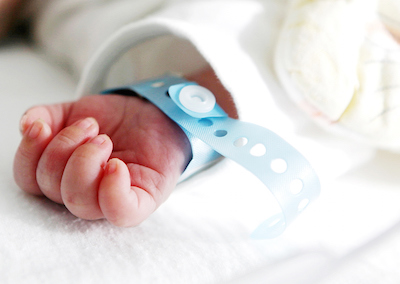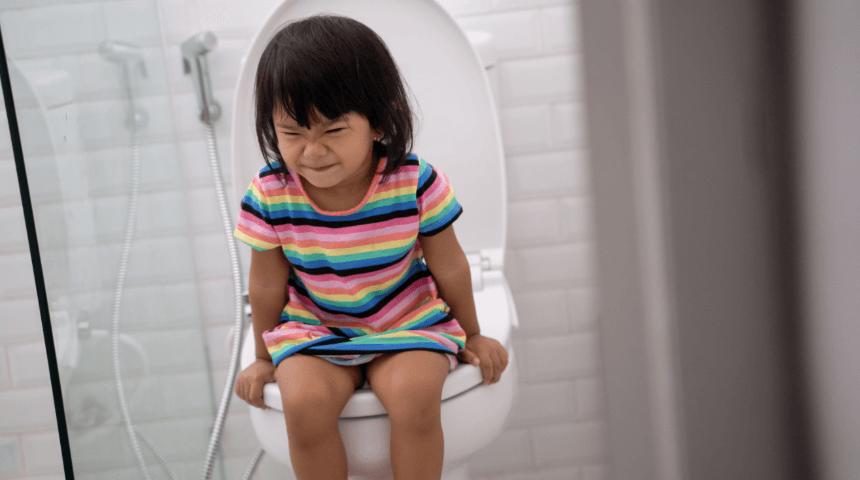If you have a child with a congenital heart defect, here’s what you should expect from your pediatrician (Part 2 of 2)
In Part 1 of this series, we discussed what your pediatrician can offer in the care of your child prenatally through the newborn period. In Part 2, we’ll share what role your pediatrician will play throughout infancy, childhood and adolescence.
Infancy and childhood
 Many of the issues encountered in the newborn stage will continue throughout the first year of life. As the child grows, there will be new and changing areas to address as well.
Many of the issues encountered in the newborn stage will continue throughout the first year of life. As the child grows, there will be new and changing areas to address as well.
Growth and development
A pediatrician monitors the growth and development of every young child, but this can be even more critical for children with CHD. Depending on the child’s individual medical course, a child with CHD may not follow the growth curve of typical children. Your pediatrician should evaluate your child’s growth curve to determine whether they are growing and developing normally given their individual medical challenges. If needed, they will help you implement various interventions to help your child grow and thrive.
Neurodevelopmental and behavioral concerns
Children with CHD are more likely than others to experience neurodevelopmental problems. In other words, as their brains grow and mature they may experience problems in learning and memory, self-control or regulation of emotion. This can be due to heart disease itself or genetics, issues related to prematurity, prolonged hospitalizations or complications. Your pediatrician must recognize and diagnose these issues if they arise and offer treatment, support or therapy for them when beneficial.
Academic performance or learning challenges
As a result of neurodevelopmental challenges, children with CHD may experience difficulty performing in school. Your pediatrician should conduct an ongoing assessment of your child’s educational abilities. A child may need to undergo further testing to determine whether they have a learning disability and whether they are eligible for certain assistance within the school system.
Exercise and sports participation
Whether a child can and should participate in exercise regimens or sports should be made on an individual basis. While your cardiologist will likely make this recommendation, your pediatrician can help you navigate the real-life challenges associated with it. Close collaboration between the pediatrician and cardiologist is necessary in determining what’s right for your child.
Managing complications and illness
Many children with CHD have other complicating factors in their medical care. They may require other specialists, additional surgeries or ongoing therapies. Your pediatrician is there to recognize when complications occur and provide treatment or a referral to an appropriate specialist if needed. Your pediatrician is the constant in a sea of changing medical providers so he or she is uniquely suited to recognize a change in your child due to illness or complication.
Adolescence
Obesity
 As obesity continues to be a major public health concern, the risk cannot be overlooked for children with CHD. Since parents and children are often afraid of physical exertion due to heart disease, a child’s inactivity can contribute to obesity which then becomes a risk for further heart complications. Your pediatrician should monitor your child’s weight over time and offer guidance in maintaining a healthy weight if needed.
As obesity continues to be a major public health concern, the risk cannot be overlooked for children with CHD. Since parents and children are often afraid of physical exertion due to heart disease, a child’s inactivity can contribute to obesity which then becomes a risk for further heart complications. Your pediatrician should monitor your child’s weight over time and offer guidance in maintaining a healthy weight if needed.
Avoidance of high-risk lifestyle choices
Risky lifestyle choices such as smoking, alcohol consumption or substance abuse can have a particularly detrimental effect on a person with CHD. As your child grows, your pediatrician should offer guidance and education to your teen about how these choices can affect their lives given their individual medical issues.
Transition to adult care
As your child transitions to adolescence and eventually adulthood, it is important to prepare them to take charge of their own medical care. Over time they should assume more responsibility and more decision-making capability. Many CHDs have important implications for childbearing, so your pediatrician should initiate these conversations at an age-appropriate time. Once adulthood is reached, the pediatrician should facilitate transition to an adult medical provider.
At any time during the care of your child
Parental support
Parents often experience serious challenges to their mental and emotional well-being when they have a child with CHD. These issues could arise shortly after diagnosis, after birth or any time during the course of caring for their child. Parents may experience depression, anxiety or other mental health problems that could be worsened by the stress of caring for a chronically ill child. If you’re feeling any of these things and don’t know where to turn, your pediatrician can help you find the help you need. Just ask.
Training in emergency care
When caring for a child with serious cardiac issues, your doctors may recommend that you receive specialized training in cardiopulmonary resuscitation (CPR) and the use of automated external defibrillators (AEDs) in the event a cardiac emergency occurs outside the hospital. If you don’t know where to look for this training, your pediatrician can help you find these necessary resources.
Hopefully this list empowers you to strengthen your relationship with your pediatrician. If there are things listed here that your pediatrician isn’t providing, ask him or her for them. If there are ways in which the pediatrician’s office is not serving you well in the areas outlined above, speak up.
As you already know, you are your child’s greatest advocate so use this knowledge to advocate for the things your child needs. If you don’t, who will?










